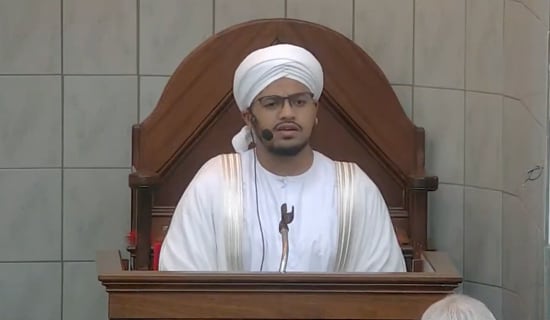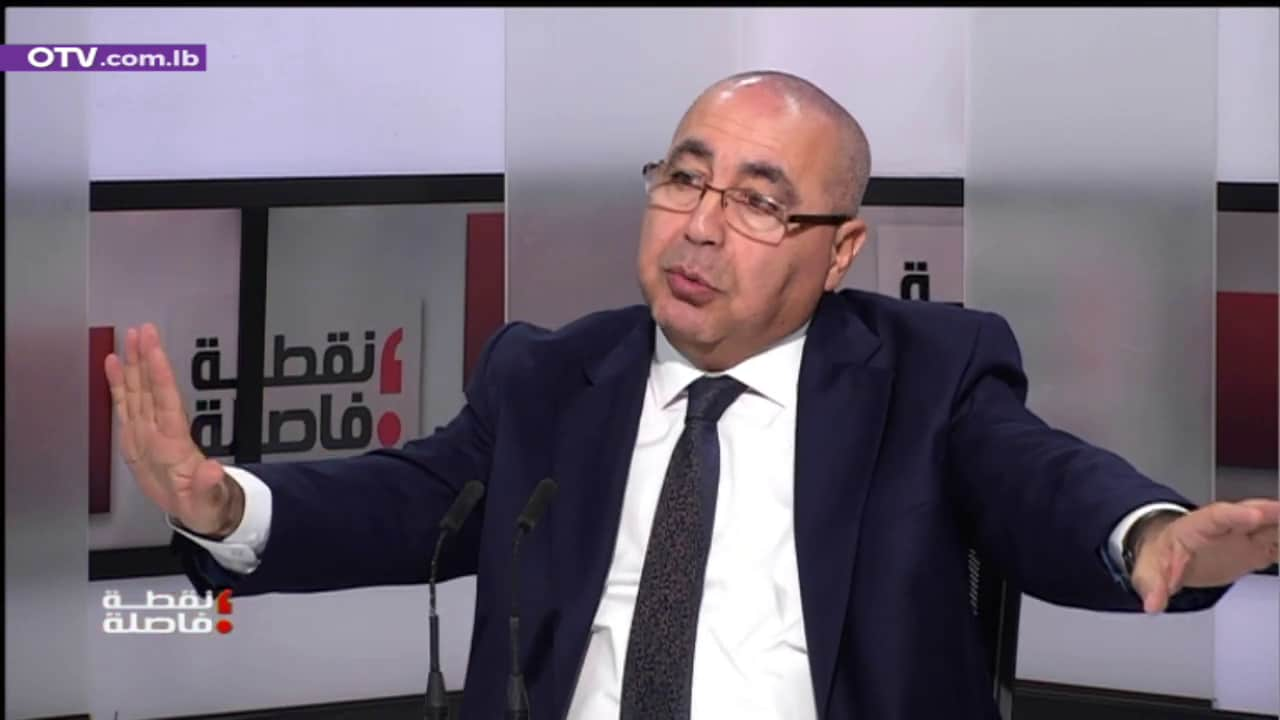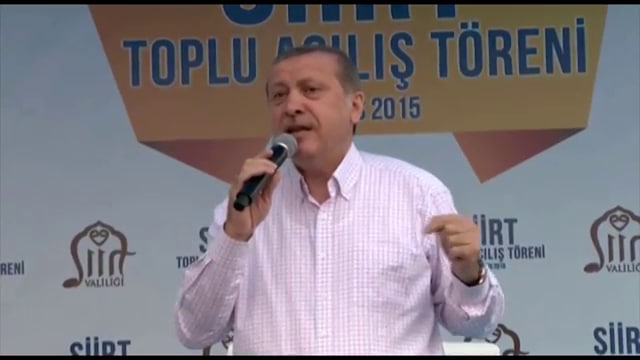
Following are excerpts from a TV report on a Beirut "water war" in protest of political deterioration, which aired on New TV on March 3, 2008:
TV anchor: A week of preparations, sleepless nights, and thousands of balloons – the Al-Watwat neighborhood replaced helmets and shields with diving suits. The war has begun.
Reporter: War has broken out in the Al-Watwat neighborhood. On March 2, 2008, there was a street dialogue in the heart of the capital, Beirut. The white team tries to wipe out the black team. The people of Al-Watwat – supporters of both the government and the opposition – took to the streets. They deployed behind barricades of snow, clutching water guns and water bombs. Thus, their "open war" began, but without leaving scorched earth. Their leader is a villain. He does not "soil" his hands with water. He gave them their orders, and then left them to do the fighting.
Boy: This war is fought against civil strife.
Second boy: We support the opposition, but for the sake of national unity, I'm out here along with the Al-Mustaqbal movement.
Third boy: Children at war are a thing of the past. Let's forget about the war, and play.
Reporter: If a war breaks out in Lebanon, do you think that the people carrying water guns today will carry real guns?
Muhammad Al-Sayyid, coordinator of the water war: Let me tell you about what happened around here. When there were problems elsewhere, people here were united. I'd like to send a message to other areas, and especially to young people fighting their neighbors. My name is Muhammad, and this guy is Muhammad, too. Can you imagine the two of us fighting one another for the sake of someone else?
Reporter: Hello to "No-to-Civil-Strife."
Young man with “No-to-Civil-Strife” slogan on his t-shirt: Hello.
Reporter: No-to-Civil-Strife, do you feel that you are sending this message to the leaders of Lebanon or to your neighbors?
Young man: To be honest, I think this event has got the message across to the entire world – to the politicians and citizens from all parties. The important thing is to get the message across.
[...]
Reporter: The war of adults is their game, water is their fire, the homeland is the only winner in this battle, and civil strife and its leaders are the only losers.
Young man: We'd like to reassure the entire world that this is what the war will be like, because ultimately, we – Christians and Muslims – want to live together. We will live and die together.
Reporter: Is it possible that you will fight with real weapons?
Second young man: Absolutely not. Weapons are not for us. We are an educated generation, a generation that strives for peace, a generation that definitely does not want war. We say to whoever is watching us now that this message must also reach the adults, who view themselves as prophets. We are one generation, one soul, one people.
Third young man: We want all the leaders to join hands, so there won't be a civil war.
Man holding two small children: We don't teach the children of Al-Watwat sectarianism and civil war. We teach them about unity, coexistence, and love.
Reporter: People were even kidnapped in the "line of water."
Victim of “kidnapping”: Honestly, they didn't leave any part of me dry. They used water bombs, clubs, and water guns. They didn't miss a spot, but Allah be praised, I managed to escape.
Reporter: Like in any battle, journalists get hurt too – but in this case, with love.
The battle of Al-Watwat came to an end without the intervention of the security forces. There were no damages, and no one got wounded or martyred.
Reporter: Was anybody injured in today's war?
Ambulance driver: No. It was a peaceful war.
Reporter: It is said that "water leads to separation," but the people of Al-Watwat have chosen to cleanse themselves of the sins of politics, to be born again in their homeland of Lebanon.
From Al-Watwat, this is Nancy Al-Sab', New TV. Thank you...













